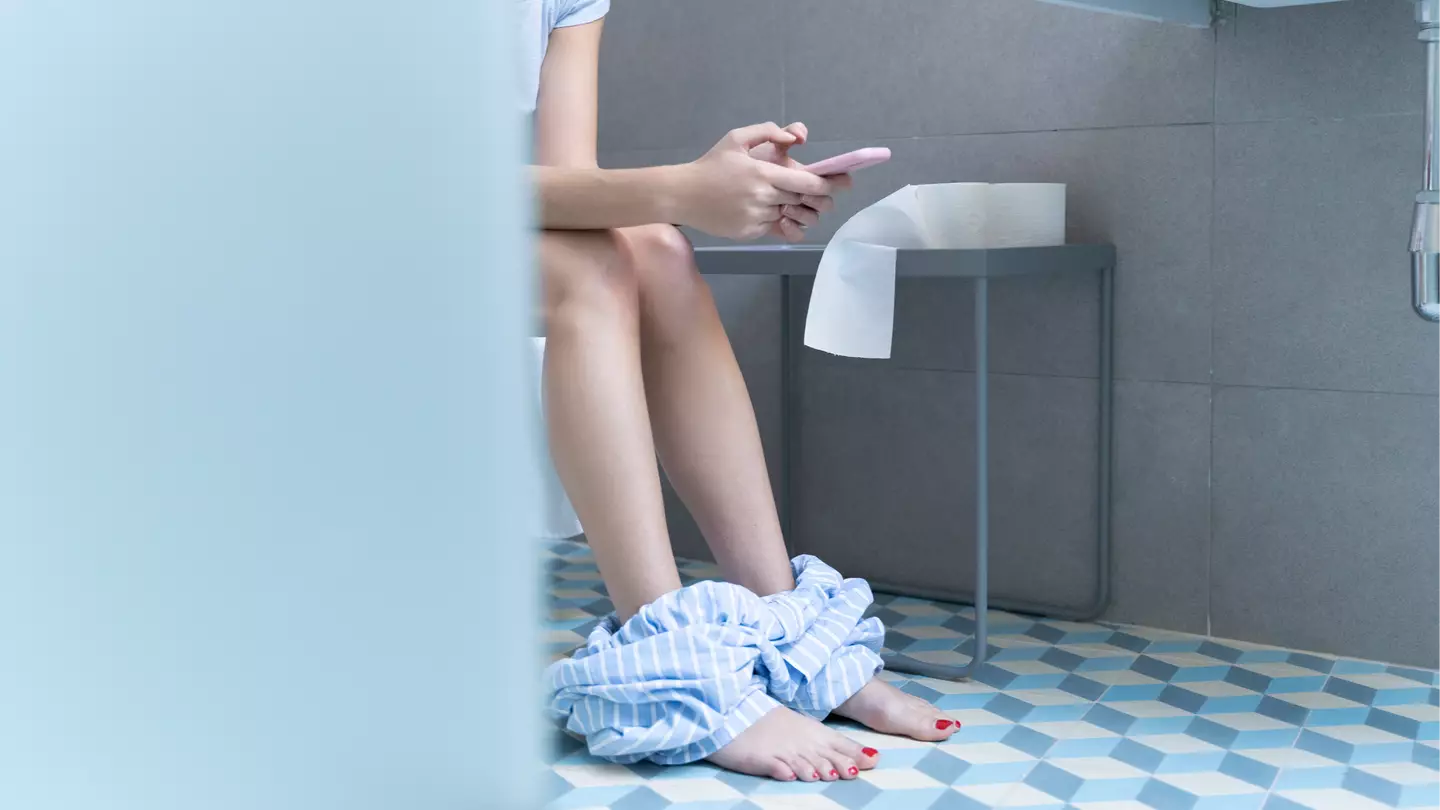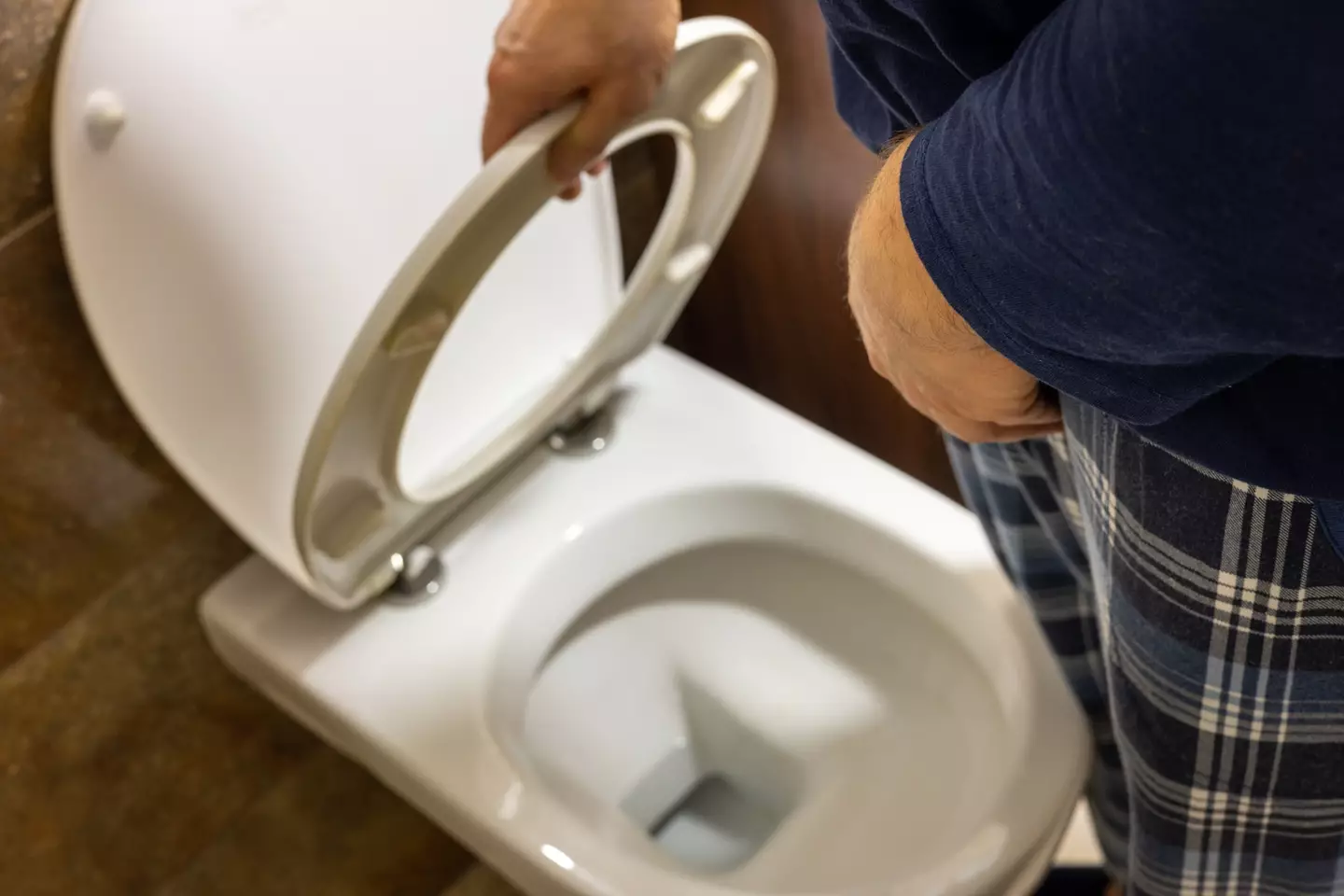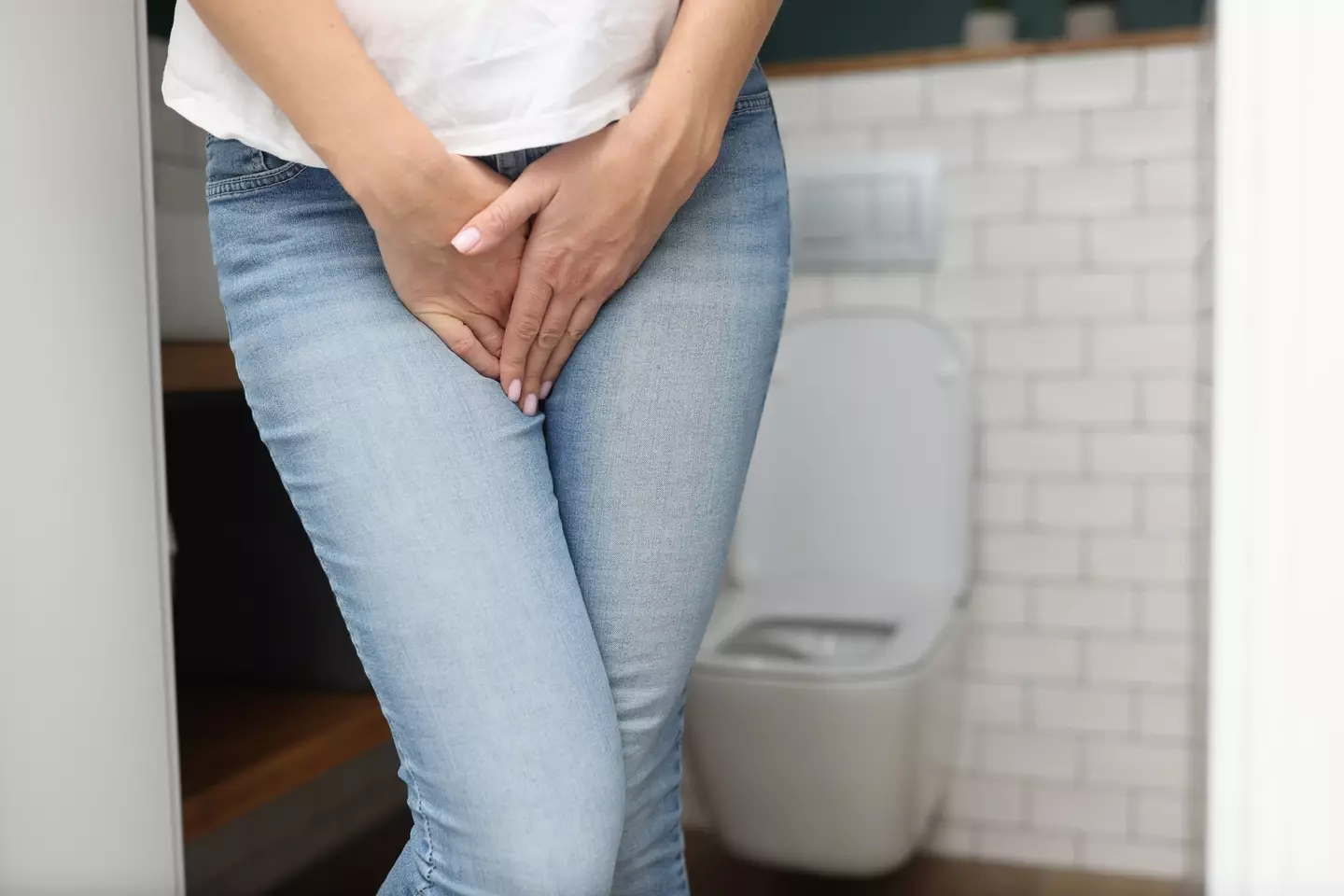
Scientists have explained why you should follow the '21-second wee rule' while using the toilet and what can happen if you decide not to.
Most of us would never think to time how long it takes us to finish a wee or even sit on the toilet, let alone count to 21 while we're on the toilet, but apparently, doing so can be beneficial to our health.
What is the 21-second law of urination?
The '21 second law' was thought up by a group of scientists at the Georgia Institute of Technology who pioneered the idea that we need around 21 seconds to empty our bladder fully.
They came up with the 'Law of Urination' after analysing videos of animals urinating, as you do.
Advert

Apparently, the main factor in the length of time we need to wee is all to do with the laws of gravity, with the scientists arguing that 'gravitational force' is the main factor in peeing length.
"How can bladders of both 0.5 kg and 100 kg be emptied in nearly the same duration? Larger animals have longer urethras, and so greater gravitational force driving flow," the team wrote.
"These long urethras increase the flow rate of larger animals, enabling them to perform the feat of emptying their substantial bladders over approximately the same duration."
While not every trip to the toilet will last for 21 seconds, it's a good number to aim for.
What happens if you don't follow the rule?
.jpg)
Obviously, 21 seconds is a rough guide, but if you're spending a long time emptying your bladder or you're holding your pee, it can lead to problems.
For example, urinating for significantly longer than 21 seconds all the time could lead to your bladder expanding and eventually losing its ability to stretch and function properly.
Meanwhile, MedShun explains that holding urine can cause health issues as bacteria in the bladder can multiply, leading to urinary tract infections (UTIs).
"Holding urine for extended periods can create an environment conducive to bacterial growth, leading to UTIs," they explain.
"When you hold your urine, the bladder stretches to accommodate the increasing volume. This stretching can cause urine to remain in the bladder, even after urination. The residual urine provides an ideal environment for bacteria to thrive, potentially leading to infections."

Although rare, holding urine for too long can cause the bladder to rupture.
MedShun further explains that the bladder can only stretch so far to accommodate urine, adding: "In very rare cases, spontaneous bladder rupture can occur, but there is often an underlying cause, such as a blockage preventing the bladder from voiding.
"This can be life-threatening, with a high mortality rate."
